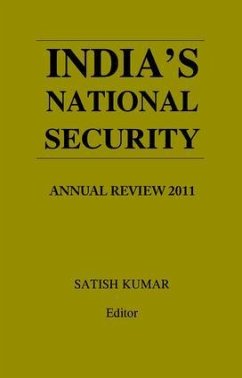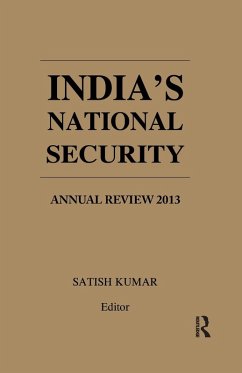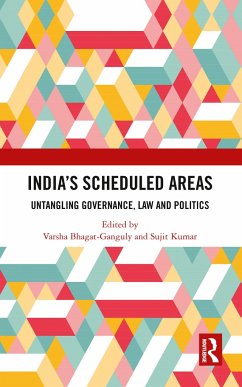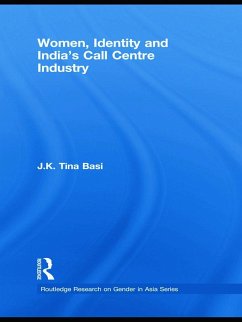
India's Social Sector and SDGs
Problems and Prospects
Herausgeber: Govinda, Rangachar; M., Poornima
Versandkostenfrei!
Versandfertig in 1-2 Wochen
50,99 €
inkl. MwSt.

PAYBACK Punkte
25 °P sammeln!
This book explores the intersectional perspective of sustainable social development in key sectors, such as education and skill development, health and nutrition, gender concerns, and food security and agriculture in India. It delves into contemporary concerns of poverty, employment and inclusive growth, and social marginalisation and inequality. The volume brings together the contributions of various stakeholders from academia, research organisations, NGOs and policymakers to address social-sector issues and sustainable development goals (SDGs) in the Indian context. It reflects on policies, ...
This book explores the intersectional perspective of sustainable social development in key sectors, such as education and skill development, health and nutrition, gender concerns, and food security and agriculture in India. It delves into contemporary concerns of poverty, employment and inclusive growth, and social marginalisation and inequality. The volume brings together the contributions of various stakeholders from academia, research organisations, NGOs and policymakers to address social-sector issues and sustainable development goals (SDGs) in the Indian context. It reflects on policies, strategies and performance in the context of Constitutional goals and the commitment to global SDGs and examines the character and contours of social development in the country. Comprehensive and topical, this volume will be useful to scholars, researchers, policymakers and practitioners of development studies, political studies, sociology and development economics.














